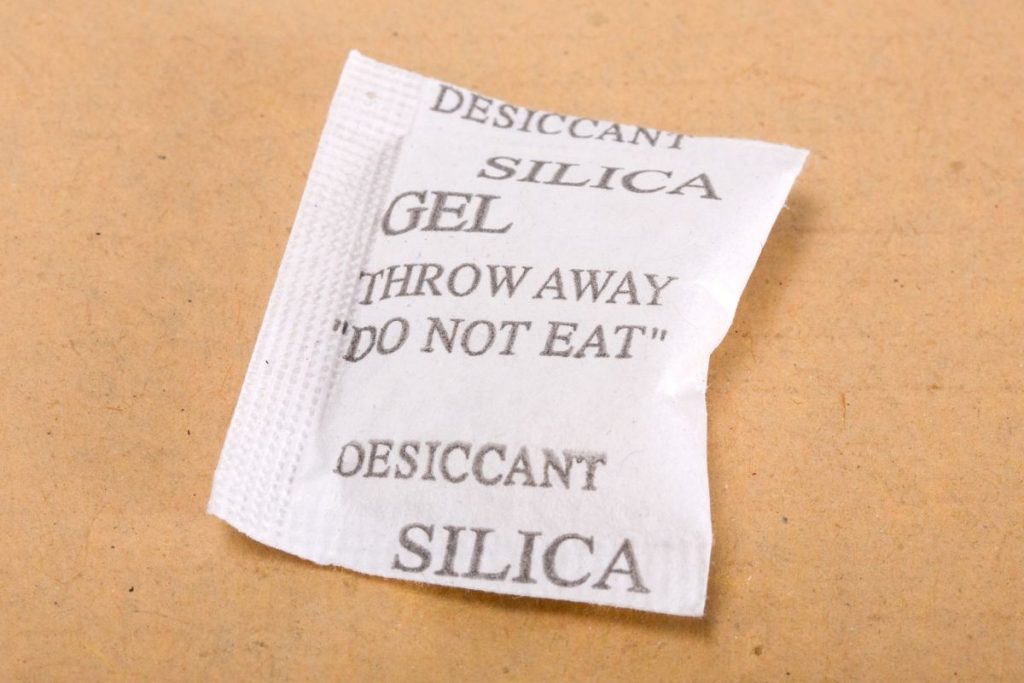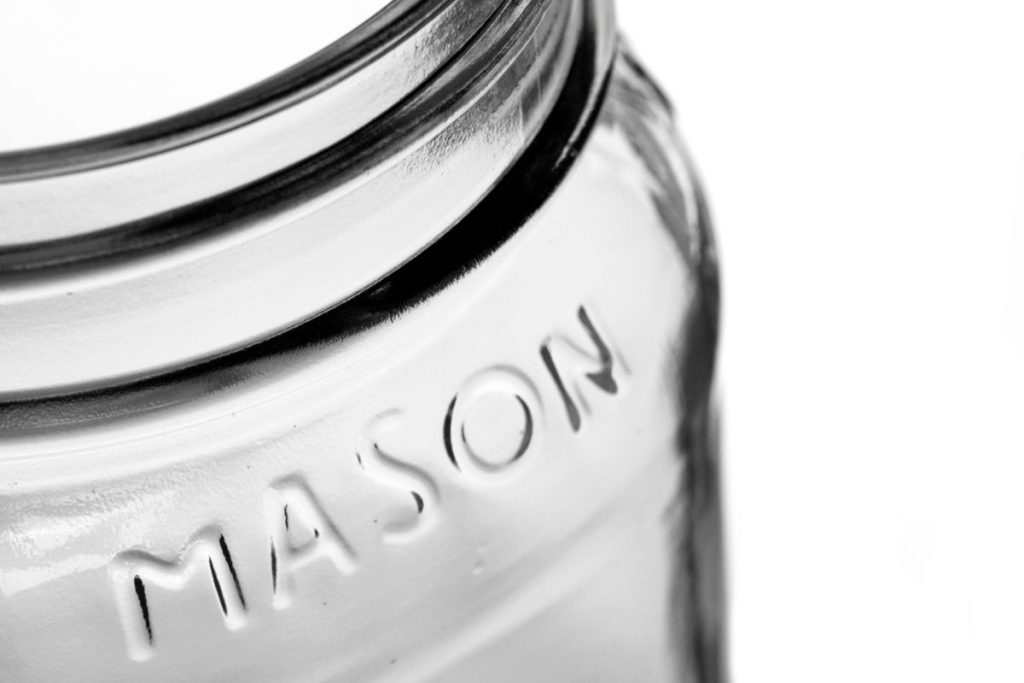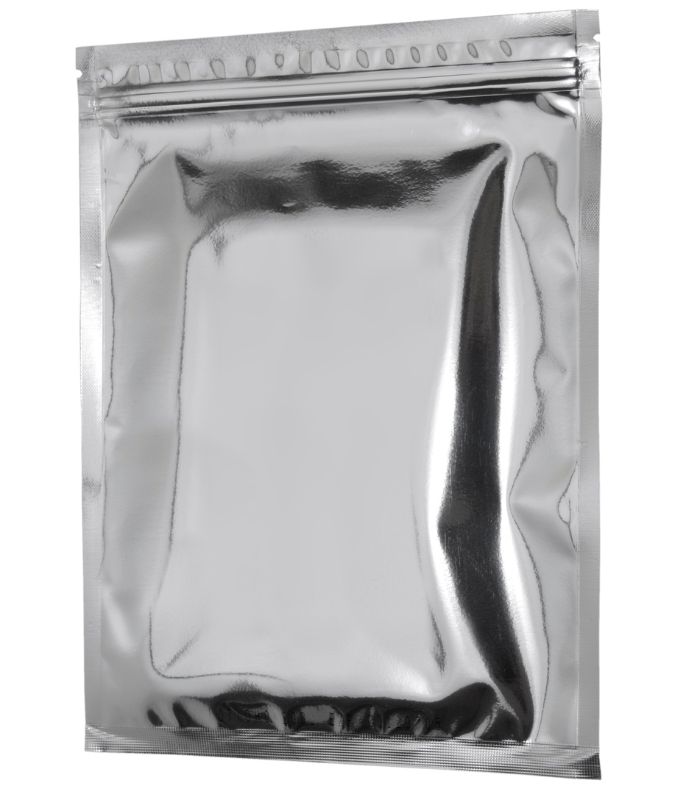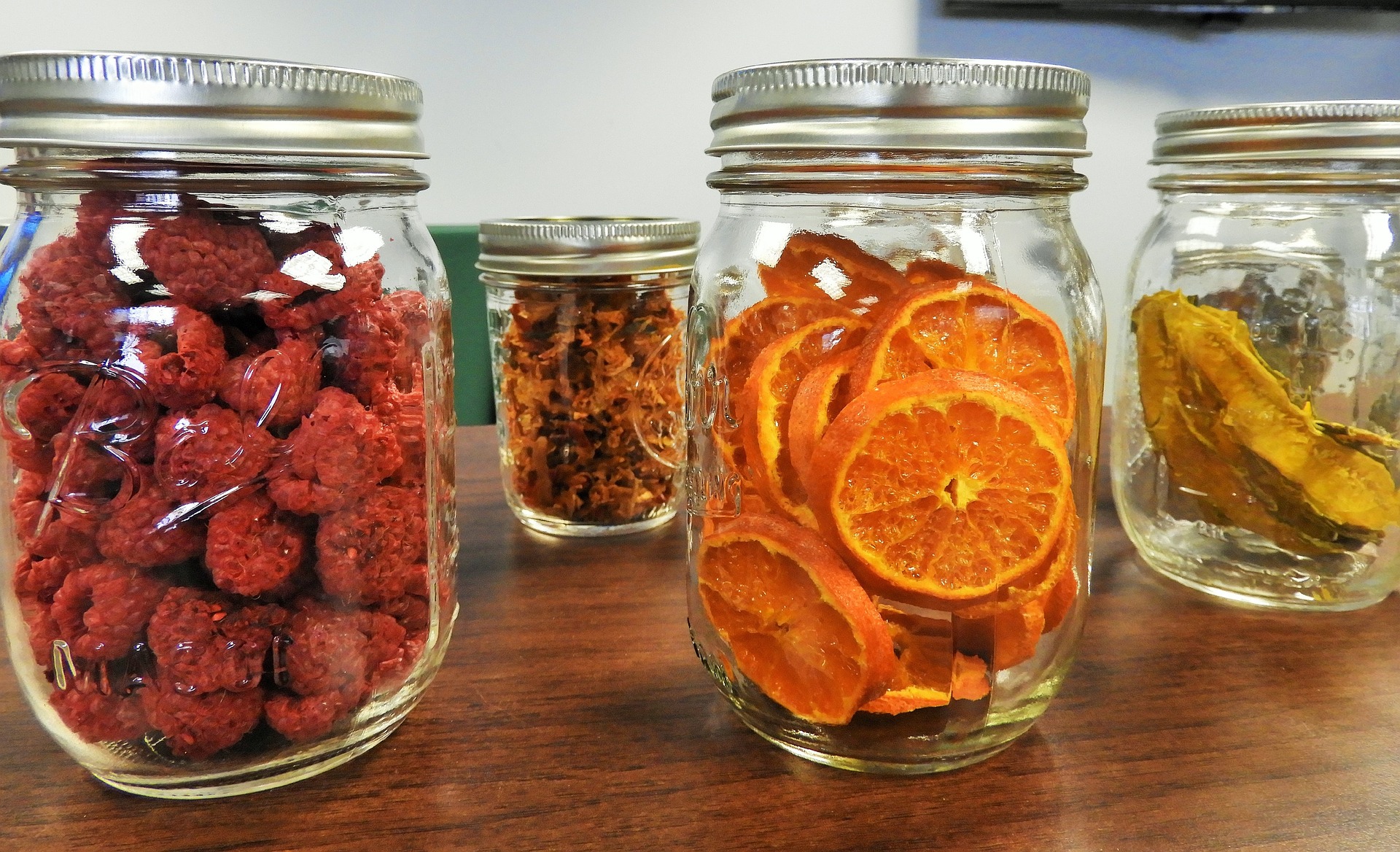The shelf life of dehydrated food depends on the storage technique, type of food, environmental conditions, drying method, and equipment used. Dried fruits last 6 months to 15 years, while dehydrated vegetables last 3 months to 7 years.
Table of Contents
What is the Typical Shelf Life of Dehydrated Food?
The average shelf-life of most dried foods is 6-12 months. However, some food can last 10-30 years in long-term storage under special conditions.
The shelf life of dried food depends on several factors, including the storage method, equipment used, residual moisture content, and humidity and temperature in storage.
Estimated Shelf Life of Different Types of Food
The following chart shows the average shelf life of home-dried foods. The shelf life is affected by the storage container and whether oxygen absorbers or desiccants have been used.
| Type of Food | Shelf Life |
| Beans | 9 to 12 months |
| Fruit | 1 to 15 years |
| Fruit Leather | 1 month |
| Grains | 9 to 12 months |
| Herbs | 1 to 3 years |
| Jerky | 1 to 2 months |
| Meat | 7 days to 6 months |
| Powders | 6 to 9 months |
| Rice | 9 to 12 months |
| Vegetables | 3 months to 7 years |
How Do You Store Dehydrated Food Long Term?
To maximize shelf life, store dehydrated goods in food-safe airtight containers with oxygen absorbers or desiccants. Place all packaged dehydrated food in a cool, well-ventilated, dry, dark place.
The following tips will help ensure successful long-term storage:
- Consider storing dehydrated food in the freezer or refrigerator
- Keep the moisture level low in the storage area
- Keep the storage temperature between 50°F-70°F
- Use oxygen absorbers with foods containing less than 10% moisture
- Use silica desiccants if you live in a high-humidity area

How Long Does Dehydrated Food Last in a Sealed Bag?
Dehydrated food stored properly in a sealed bag can last 6 months to 3 years.
The type of food will dictate the storage shelf life of sealed bags. For example, dehydrated marshmallows can last six months, while dried juniper berries are viable for 2-3 years.
How Long Does Dehydrated Food Last in Mason Jars?
Dehydrated food stored in glass jars, canning jars, or Mason jars at room temperature will last from 6 months to 5 years.
For example, dried celery seeds can keep for up to five years, dried caraway for 6-12 months, and dill seeds for six months.

How Long Will Dehydrated Food Last if Vacuum-Sealed?
Vacuum-sealing is a food preservation method that creates a vacuum by removing the air in the packaging before sealing. This practice limits food-spoiling microorganisms and bacteria from growing, ensuring a longer shelf life.
Some types of vacuum-sealed dehydrated food can last up to 30 years when stored with oxygen absorbers. Investing in a vacuum sealer is vital to maximizing shelf life.
Can Dehydrated Food Be Stored in the Refrigerator?
You can store dehydrated food in the refrigerator, but some types of dehydrated food are better stored in a freezer or at room temperature. It is not a good idea to store dried herbs, powders, vegetables, or fruits in a refrigerator long-term as the refrigerator is a high-moisture environment.
Whether storing in a refrigerator or freezer, use freezer-safe Mylar bags to store dried food. Use a double bag method to protect against excess moisture and prevent spoilage.

Tips to Ensure Dehydrated Food Lasts a Long Time
Here’s how to ensure your dehydrated food lasts much longer:
- Always follow a “first in, first out” rule when consuming stored dried foods
- Do not use oxygen absorbers and desiccants in the same food storage container
- Label your dried food containers with the date the food was dried
- Pack dried food in multiple small containers to minimize exposure to air
- Pretreat fruit by soaking it in fruit juice, an ascorbic acid solution, or sulfite dip
- Pretreat veggies by blanching them before dehydrating them
- Store food in clean and dry storage containers only
- Use the right drying process and equipment for each type of food

